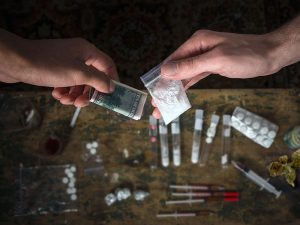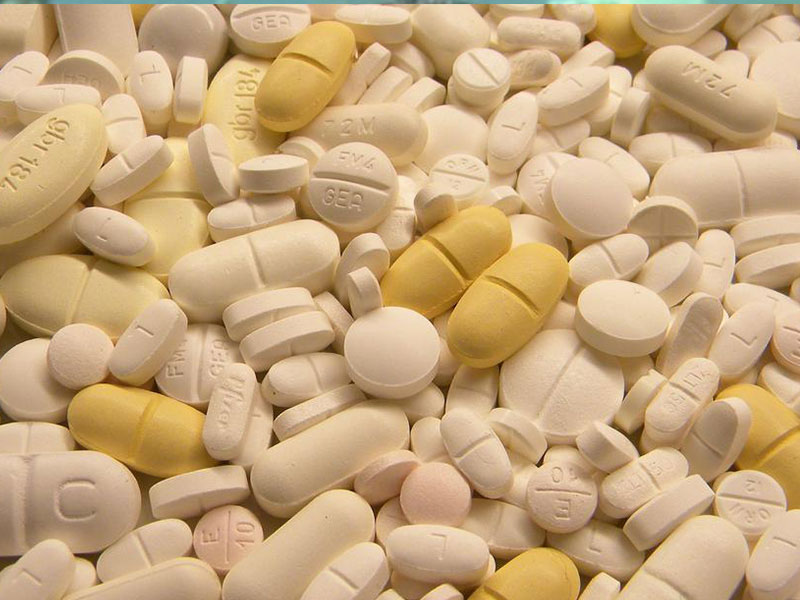Sri Lanka stares at a potential healthcare crisis as India negotiates a trade deal with the European Free Trade Association (EFTA) – Iceland, Liechtenstein, Norway, and Switzerland. While the deal promises increased trade and investment, hidden within its clauses lies a potential threat to millions who rely on affordable generic medicines from India.
The Thorny Issue: Intellectual Property (IP) Rights
At the heart of the concern lies the demand for stricter IP rules, particularly data exclusivity. This would grant drug companies extended control over new medicines, even after patents expire. For Indian generic manufacturers, producing affordable versions would become challenging, impacting:
Medicine Prices: Generic versions could become significantly more expensive, putting vital treatments out of reach for many Sri Lankans.
Access to New Medicines: Delays in generic versions entering the market would mean longer wait times for crucial medications.
Diseases Like HIV and Diabetes Under Threat
Chronic illnesses like HIV and diabetes already burden Sri Lanka’s healthcare system. Affordable generic medicines from India act as a lifeline for millions managing these conditions. Any price increase or delay in access could have devastating consequences.
A Delicate Balance: Trade vs. Public Health
While supporters of the deal highlight potential economic benefits for Sri Lanka, concerns for public health cannot be ignored. Striking a balance between trade interests and ensuring access to affordable medicines is critical.
Sri Lanka’s Role: Advocacy and Transparency
The Sri Lankan government needs to actively engage in the negotiations, urging for provisions that:
- Prioritize public health over corporate profits
- Guarantee continued access to affordable generic medicines
- Ensure transparency in the negotiation process
- Global Organizations Raise Alarm
Health organizations like Doctors Without Borders (MSF) and the Delhi Network of Positive People echo these concerns. They highlight the potential impact on developing nations like Sri Lanka and urge India to resist pressure for stricter IP rules.
The Looming Deadline: April 2024
With the deal nearing finalization in April 2024, time is running out. Sri Lanka’s future access to affordable healthcare hangs in the balance. Only by prioritizing public health over short-term economic gains can we ensure millions don’t lose their lifeline to essential medicines.








